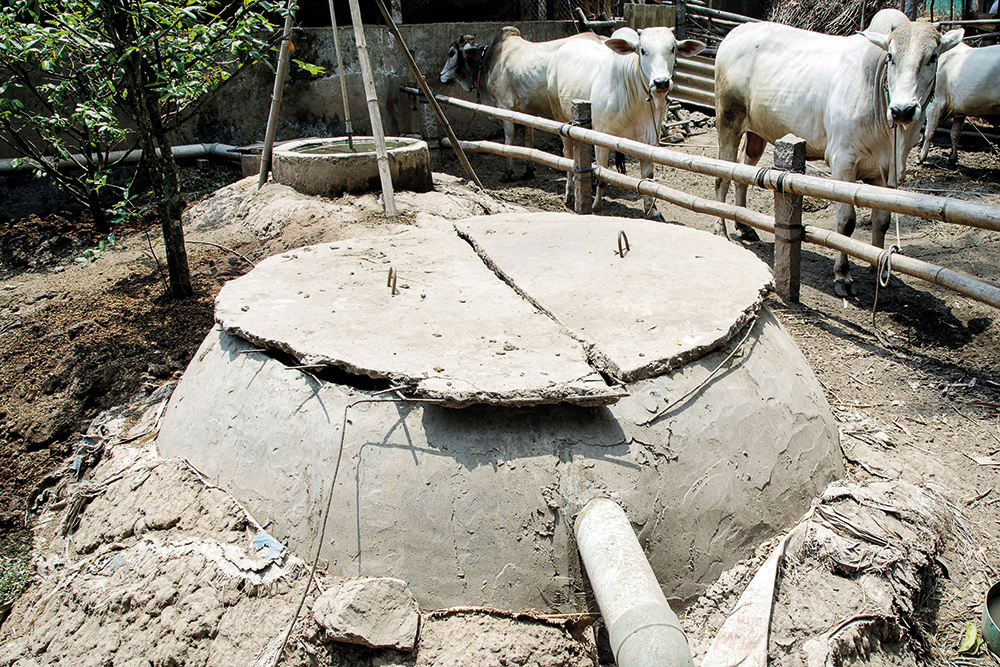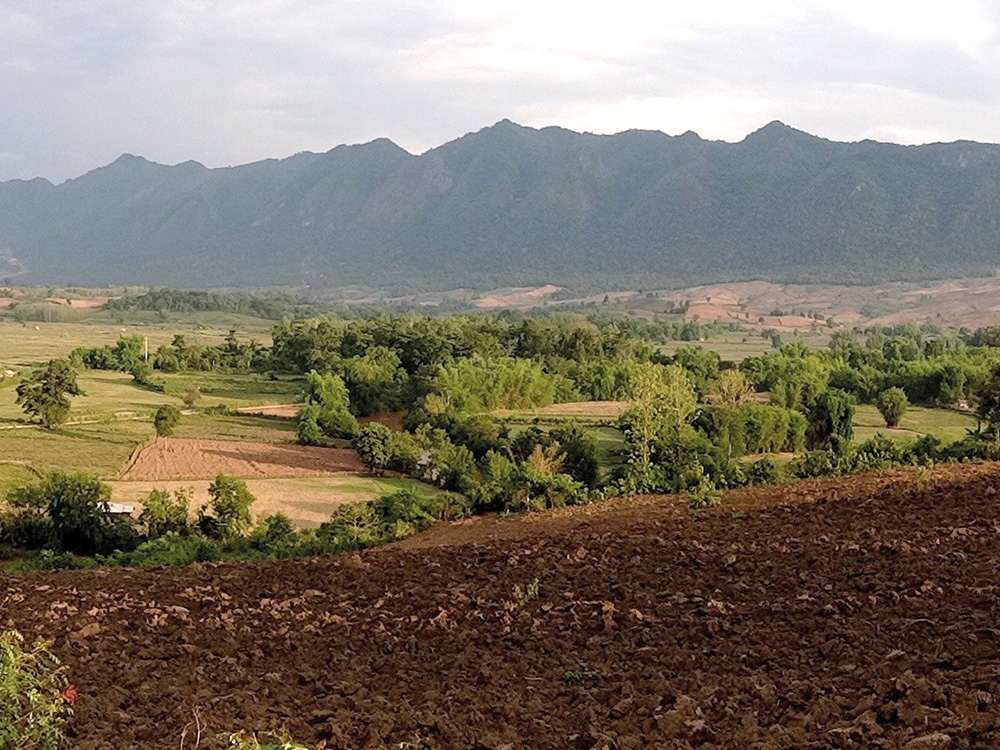DLG-Verlag was founded in 1952 as a subsidiary of DLG e.V. (Deutsche Landwirtschafts-Gesellschaft - German Agricultural Society) with its headquarter in Frankfurt/ Germany. The publishing company provides expertise for the agricultural and food sector.
With its subsidiaries Max-Eyth-Verlag and DLG-Agrofood Medien GmbH the DLG-Verlag offers books and magazines, as well as catalogs of the DLG's international DLG exhibitions.
Members:
Resources
Displaying 71 - 75 of 316More than just a business
Family farming has many different meanings to many different people. While such farms come in all shape and sizes, one thing all practitioners agree on is that family farming is more than a business – it’s a way of life. The following article shows what constitutes this way of life, the challenges that family farms in Europe and throughout the world face and why and how the European Union supports this type of enterprise.
"We have inherited not only a piece of land, but also the responsibility to turn it into a home"
A focus edition on family farming would hardly be credible without giving the family farmers themselves an opportunity to speak. We talked to Moses Munyi, the owner of a six-hectare farm in Embu, Kenya, about his everyday life and about his views of the prospects for farming in the future.
Integrated Watershed Management – an approach with a number of stumbling-blocks
Integrated Watershed Management represents an option for the management of water catchment areas. However, what may sound good in theory often proves to be very difficult when it comes to practical implementation, as an example from the Lower Mekong Region shows.
“Zero pesticide” vegetables for the Indian market
In the Karnataka state of India, the First Agro farm has more than 40 varieties of vegetables on sale, all of them free of chemical residues. Both hotels and restaurants as well as more and more retailers are appreciating the range of certified products from this young enterprise.
Modern ICTs and rural extension: Have we reached the tipping point?
Today, it would be difficult to imagine agricultural extension without modern information and communication technologies. What they can do, where they fit in, and where they reach their limits is shown in the following examples.






